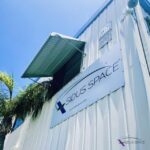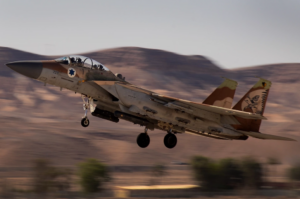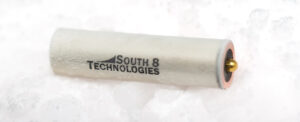
RTX [RTX] on Tuesday posted strong sales although net income rose marginally due to various accounting adjustments and a customer insolvency and the company also disclosed an issue in its commercial aircraft engine business that led it to lower free cash flow guidance for the year by $500 million. The engine issue at Pratt has to do with microscopic contaminants in powdered metal used to manufacture turbine discs in PW1100G-JM engines that could reduce the life of the discs. The…

 By
By 











